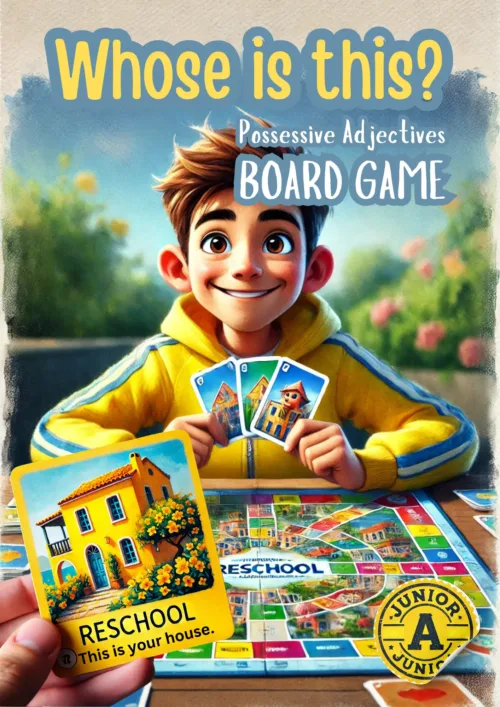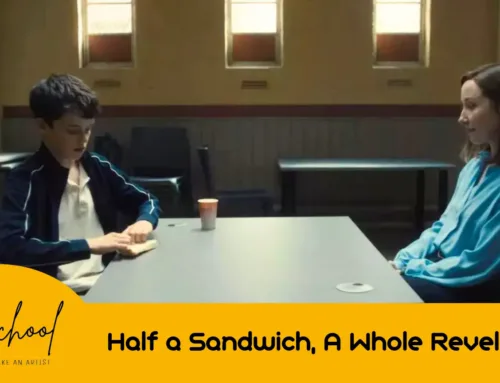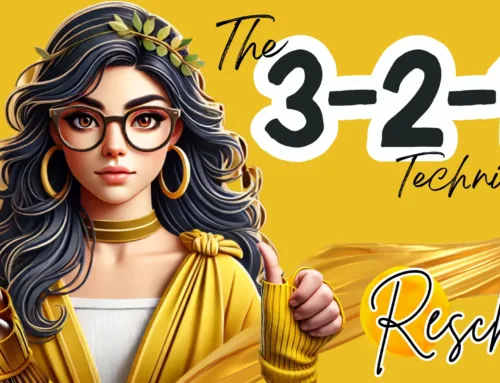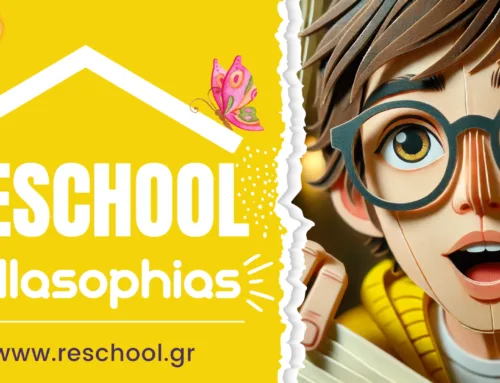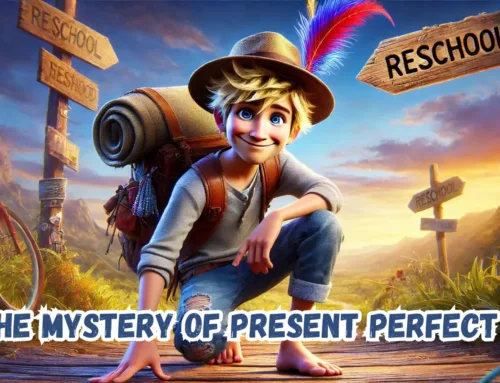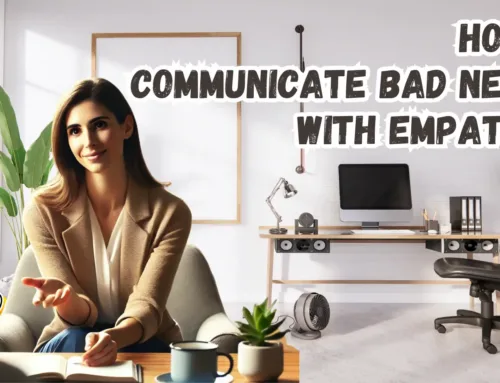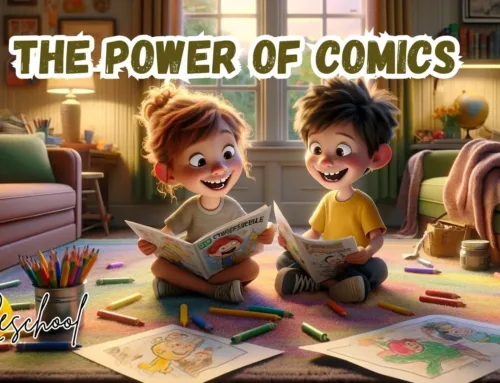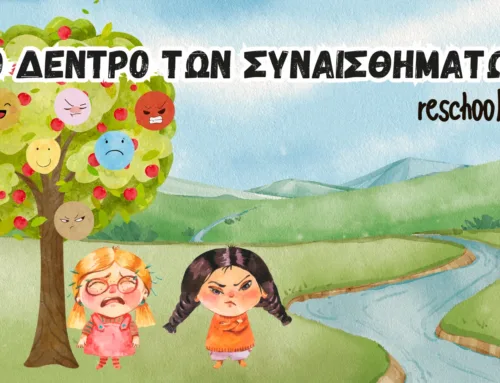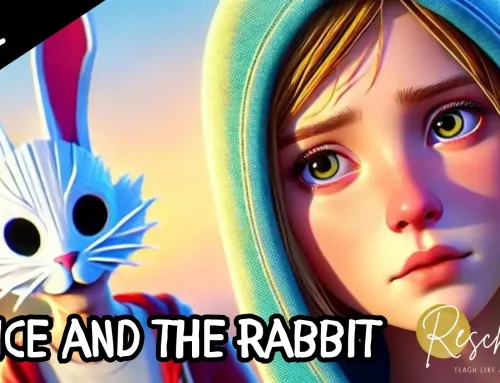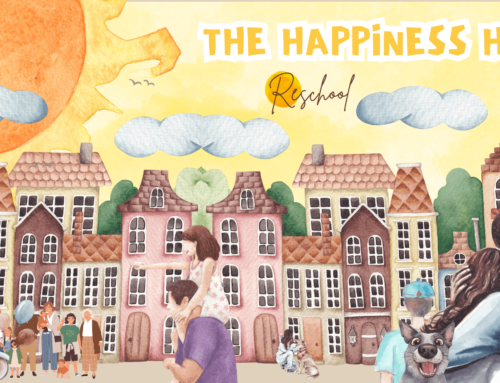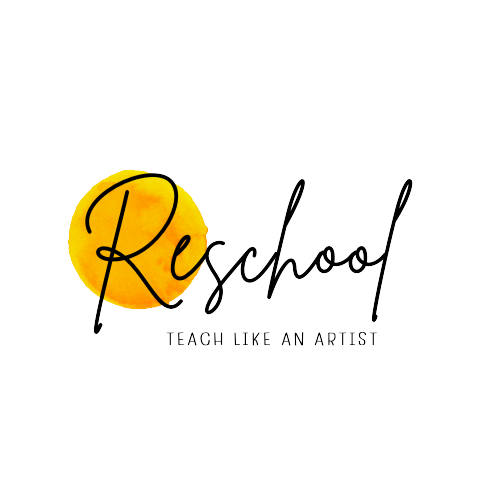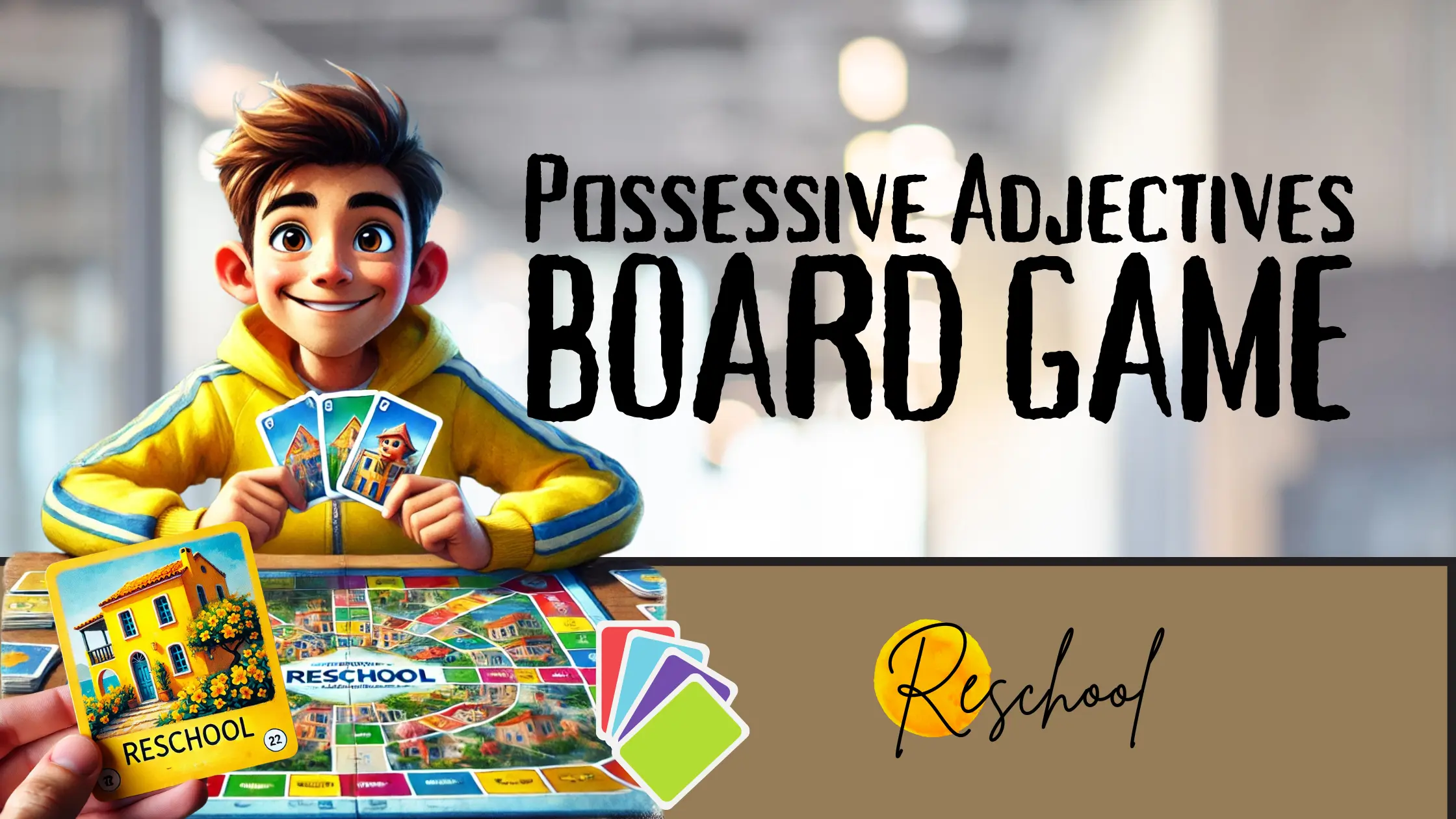
Sometimes, the simplest question can spark the most interesting conversations.
“Whose is this?” – A phrase we hear every day, but when turned into a game, it takes on a whole new meaning!
📍 The Magic of Play
What happens when students don’t just answer exercises but experience the language?
answer exercises but experience the language?
When possessive adjectives are no longer abstract concepts but stories, objects, and connections, learning becomes more engaging!
A desk, a table, or even the entire floor can be filled with pictures, cards, LEGO bricks, and questions. Who has the red bike? Whose blue house is this? Students observe, search, connect, discuss – and learn without even realizing it.
🧩 Language is a Game of Associations
We don’t always remember what we read, but we never forget what made us feel something. When grammar turns into an experience, that’s where real learning happens.
📵 Empty Their Hands, but Fill Them Again!
We all talk about how kids spend too much time on screens. But if we take the phone out of their hands, what do we give them instead?
- 🔹 Cards that hide little stories.
- 🔹 LEGO bricks that become reference points.
- 🔹 Challenges that make them move, think, and create.
These are not just objects. They are a gateway to a world that invites them to participate, interact, play, explore, and learn. Because when learning becomes an adventure, no one wants to be left out!
💡 Instead of explaining, ask a question. Instead of teaching, let them discover.
In the end, the most valuable knowledge isn’t the one that’s taught—it’s the one that’s experienced. 😊
CHECK IT OUT HERE! 🔗
Whose Is This? – Possessive Adjectives Board Game
Turn learning into an adventure. Discover how a simple question, like Whose is this?, can bring language to life through games, stories, and creative activities. When grammar becomes an experience, knowledge is not taught – it is lived.

